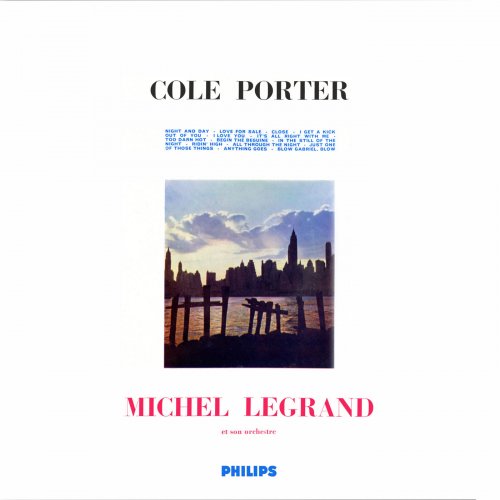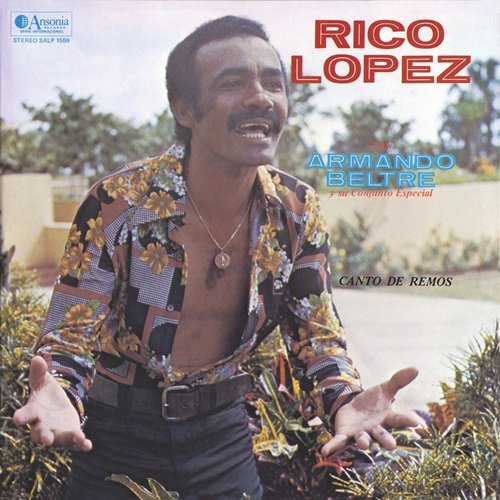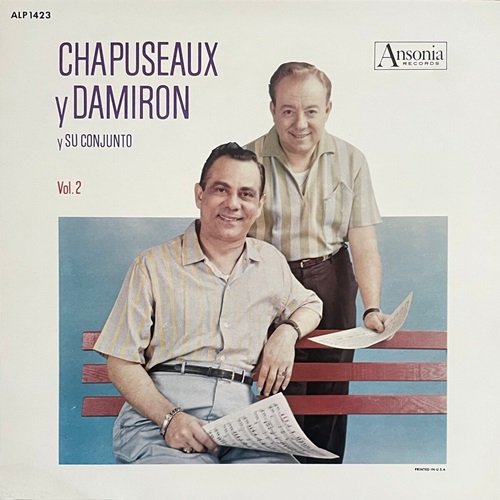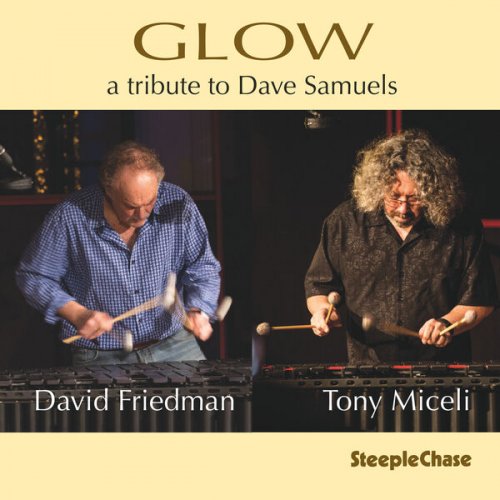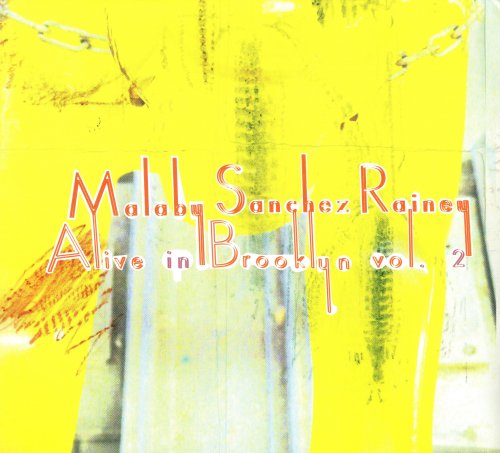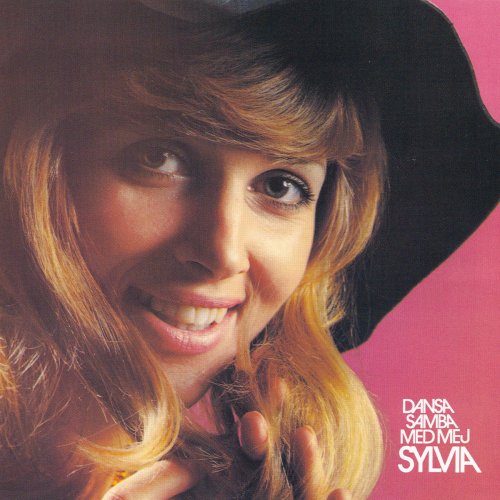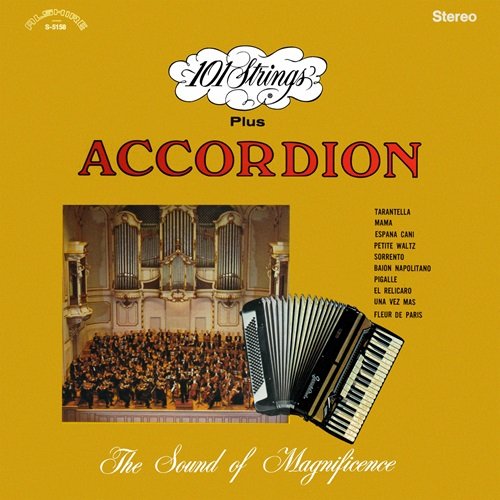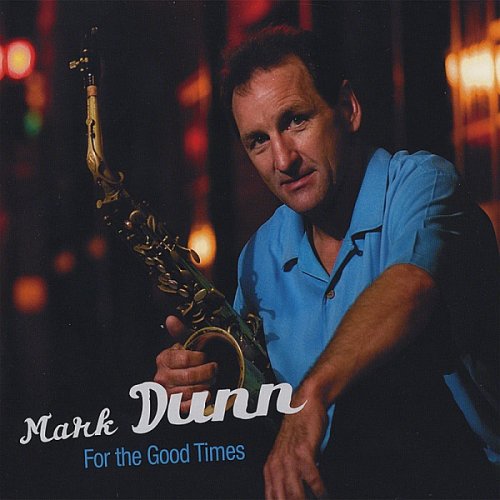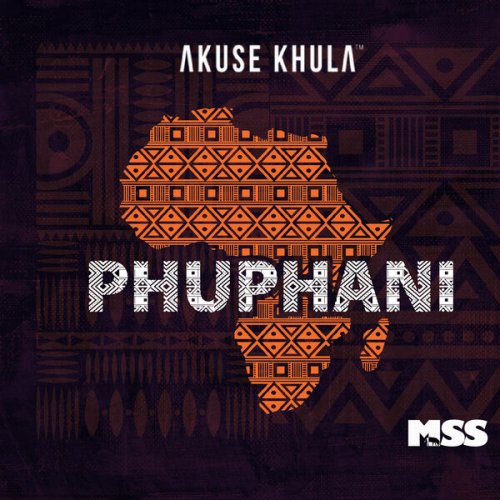Artist:
Michel Legrand
Title:
Cole Porter
Year Of Release:
2022
Label:
Universal Music Division Decca Records France
Genre:
Jazz
Quality:
FLAC (tracks) [192kHz/24bit] / FLAC (tracks) / MP3
Total Time: 1:09:45
Total Size: 2.65 GB / 389 / 162 MB
WebSite:
Album Preview
Tracklist:01. Begin The Beguine
02. In The Still Of The Night
03. Just One Of Those Things
04. Ev'rytime We Say Goodbye
05. What Is This Thing Called Love
06. True Love
07. Ridin' High
08. Love Of My Life
09. Too Darn Hot
10. So In Love
11. Don't Fence Me In
12. Anything Goes
13. Love For Sale
14. Close
15. I Get A Kick Out Of You
16. I Love You
17. It's All Right With Me
18. I Am In Love
19. Night And Day
20. You Do Something To Me
21. From This Moment On
22. All Through The Night
23. I've Got You Under My Skin
24. Blow Gabriel Blow
One of the most acclaimed film composers of his generation, Michel Legrand was also a sophisticated jazz pianist and songwriter whose lyrical sound evoked the romance, style, and cool élan of Paris. A classical piano prodigy, Legrand emerged in the 1950s with a series of successful mood albums that led to his landmark 1958 recording Legrand Jazz with Miles Davis, Ben Webster, Bill Evans, and others. He quickly moved into film composing, his swinging arrangements helping to define the sound of the French New Wave on films like Jean-Luc Godard's My Life to Live and Agnes Varda's Cleo from 5 to 7. He also enjoyed a long creative partnership with director Jacques Demy that started with his innovative musical The Umbrellas of Cherbourg. Embraced by Hollywood, Legrand collaborated regularly with songwriters Marilyn & Alan Bergman, winning Academy Awards for their work on such iconic films as 1968's The Thomas Crown Affair and 1983's Yentl. Along with his storied soundtracks, Legrand continued to record his own albums, like his 1968 trio album At Shelly's Manne-Hole, as well as larger productions with artists like Sarah Vaughan, Stan Getz, Stephane Grappelli, and Natalie Dessay, among others. In 2017, he returned to his classical roots with Michel Legrand: Concerto pour piano; Concerto pour violoncelle, and in 2018 he scored director Peter Bogdanovich's completed version of Orson Welles' film The Other Side of the Wind. It was his last major work; he died in early 2019 after being hospitalized with a pulmonary infection.
Born in 1932 in Paris, Michel Jean Legrand grew up in a musical family alongside his sister, soprano vocalist Christiane. His father was noted composer and conductor Raymond Legrand and his mother was Marcelle Ter-Mikaëlian, sister of saxophonist and bandleader Jacques Hélian. Legrand's father and mother split up when he was three, and he spent much of his time alone. It was during this period that he discovered his talent for music while playing a neighbor's old piano. At age ten, his mother enrolled him in the Paris Conservatory where he excelled studying under Nadia Boulanger, Henri Challan, and Noël Gallon. Graduating with top honors, he embarked on his professional career as musical director and accompanist to singer/actor Maurice Chevalier. While with Chevalier, he toured the world, traveling for the first time to the United States. It was during this period in 1950 that he also made his solo debut with the chart-topping instrumental album I Love Paris. More thematic and mood-based albums followed, including 1955's Holiday in Rome, 1956's Bonjour Paris, and 1958's Legrand in Rio.
Following his success with his themed albums, Legrand recorded 1958's Legrand Jazz, an ambitious all-star production featuring a bevy of name performers including Miles Davis, Ben Webster, Herbie Mann, Phil Woods, and others. Also during the '50s, Legrand expanded into film work beginning with the score to director Henri Verneuil's 1955 drama Les Amants du Tage. He quickly became known for his work with auteurs of the French New Wave, composing for films by Jean-Luc Godard, Agnès Varda, and François Reichenbach. He developed an especially close creative partnership with director Jacques Demy, crafting the innovative 1964 musical The Umbrellas of Cherbourg, which mixed stylized musical traditions with a realist's sensibility. One of the songs, "Je ne pourrai jamais vivre sans toi," gained popular acceptance and was covered by such luminaries as Nana Mouskouri, Frank Sinatra, Louis Armstrong, and more. Legrand and Demy continued to work together on films including 1966's The Young Girls of Rochefort, and 1970's Donkey Skin.
In the late '60s, Legrand traveled to Hollywood and soon began splitting his time between Paris and Los Angeles. In 1968, he scored director Norman Jewison's heist film The Thomas Crown Affair. One of the most celebrated and sophisticated soundtracks of its era, it won an Academy Award for Best Original Song for "The Windmills of Your Mind." Written by Legrand with English lyrics by Marilyn & Alan Bergman, "The Windmills of Your Mind" marked a lasting relationship between Legrand and the Bergmans, who collaborated often throughout the next 20 years. They were again nominated for Best Original Song, both for "What Are You Doing the Rest of Your Life?" from 1969's Happy Ending, and for "Pieces of Dreams," the theme from Daniel Haller's 1970 film of the same name. Other notable films Legrand scored in the '70s include 1971's TV football drama Brian's Song, 1971's The Go-Between, and 1971's The Summer of '42. Both Brian's Song and The Summer of '42 won the Grammy Awards for Best Instrumental Composition. In 1973, Legrand also composed the music for Orson Welles' docudrama F for Fake.
Apart from film work during this period, collaborated with bassist Ray Brown and drummer Shelly Manne for a live trio concert issued as At Shelly's Manne-Hole. He also appeared on saxophonist Bud Shank's 1969 album Windmills of Your Mind. 1972's Sarah Vaughan with Michel Legrand featured standards along with many of the songs the pianist wrote with Marilyn & Alan Bergman. Also that year, he played on and supplied the orchestration for Stan Getz's album Communications '72. He then arranged vocalist Lena Horne's 1975 album Lena & Michel. That same year, he supplied the orchestration for Phil Woods' album Images, which won the Grammy Awards for Best Instrumental Composition and Best Jazz Performance by a Big Band. Le Jazz Grand arrived in 1978 and found Legrand leading a big band through his "Southern Routes" jazz suite based on his soundtrack to the film Les Routes de la Sud. The album also featured several septet tracks with altoist Woods, trumpeter Jon Faddis, and baritonist Gerry Mulligan.
The '80s found Legrand continuing to move easily between soundtrack work and his jazz-oriented recordings. On his own, Legrand recorded the 1982 septet album After the Rain, again with Phil Woods, as well as tenor saxophonist Zoot Sims, trumpeter Joe Wilder, guitarist Gene Bertoncini, bassist Ron Carter, and drummer Grady Tate. The following year, he and the Bergmans picked up an Academy Award Nomination for Best Original Song for "How Do You Keep the Music Playing?" from the film of the same name. The song also became a Top Five Billboard Adult Contemporary chart hit for James Ingram and Patti Austin.
Most famously, Legrand wrote the music for Barbara Streisand's 1983 directorial debut Yentl. Once again working with Marilyn & Alan Bergman, he co-wrote the songs "Papa, Can You Hear Me?" and "The Way He Makes Me Feel," both of which were nominated for Best Original Song at the Academy Awards. Legrand ultimately took home the award for Best Adaptation Score. Other soundtrack work during this period included 1980's Elliot Gould and Susannah York rom-com Falling in Love Again, a largely unused score for director Louis Malle's 1981 film Atlantic City, 1982's Best Friends with Burt Reynolds and Goldie Hawn, and Sean Connery's 1983 return to the James Bond franchise Never Say Never Again, among others.
In 1991, Legrand reunited with Miles Davis for the soundtrack to the film Dingo in which Davis also appeared. It was the first time they had worked together since 1958's Legrand Jazz. The following year, he issued the trio album Autumn in Paris, followed by a collaboration with violinist Stéphane Grappelli. He then paired with opera singer Kiri Te Kanawa for 1992's Magic: Kiri Sings Michel Legrand. Another classical album, Erik Satie by Michel Legrand, arrived the following year, as did Michel Plays Legrand, in which he led an all-star group featuring trumpeter Arturo Sandoval, trombonist Bill Watrous, altoist Bud Shank, flutists Buddy Collette and Hubert Laws, guitarist John Pisano, bassist Brian Bromberg, and drummer Peter Erskine. Another trio date, The Warm Shade of Memory, appeared in 1995 and included a guest spot from harmonica player Toots Thielemans. He also continued to do notable film work including supplying the score to Paul Mazursky's 1993's satire of the Hollywood industry The Pickle, Robert Altman's 1994 satire of the fashion industry Pret-A-Porter (Ready to Wear), and director Claude Lelouch's 1995 version of Les Misérables.
In 2002, Legrand issued his first-ever solo piano recording of his own music, Michel Legrand by Michel Legrand. He also stayed busy with film work, composing the score for Claude Lelouch's thriller And Now...Ladies and Gentlemen starring Jeremy Irons and singer Patricia Kaas. He wrote the music for the 2009 French-Belgian drama Oscar and the Lady in Pink. He then returned to his solo work with his first holiday-themed album, 2011's Noel! Noel! Noel! Two years later he paired with singer Natalie Dessay for the studio album Entre Elle et Lui. In 2014, he premiered a ballet based on Hungarian playwright Ferenc Molnár's 1909 play Liliom, which was commissioned by choreographer John Neumeier and the Hamburg Ballet. Also that year, his opera Dreyfus opened at Opéra de Nice. He also toured in celebration of the 50th Anniversary of The Umbrellas of Cherbourg, and scored the film La Rançon de la Gloire ("The Price of Fame").
An all-star studio album, Michel Legrand & Ses Amis, arrived in 2015 and featured appearances by Charles Aznavour, Muriel Robin, Thomas Dutronc, and others. The following year, he received an honorary Doctorate from Western Michigan University. He also toured alongside singer Vincent Niclo. In 2017, he paired with the Orchestre Philharmonique de France for his classical album Michel Legrand: Concerto pour piano; Concerto pour violoncelle. He also reunited with Natalie Dessay for Between Yesterday and Tomorrow. In 2018, Legrand provided the score for the long-uncompleted Orson Welles film The Other Side of the Wind. Finally reconstructed by director Peter Bogdanovich, Welles' film premiered on Netflix that year, and featured newly orchestrated music from Legrand, who had previously worked with Welles for 1973's F for Fake. Legrand died early in 2019 after being hospitalized with a pulmonary infection. ~ Matt Collar
